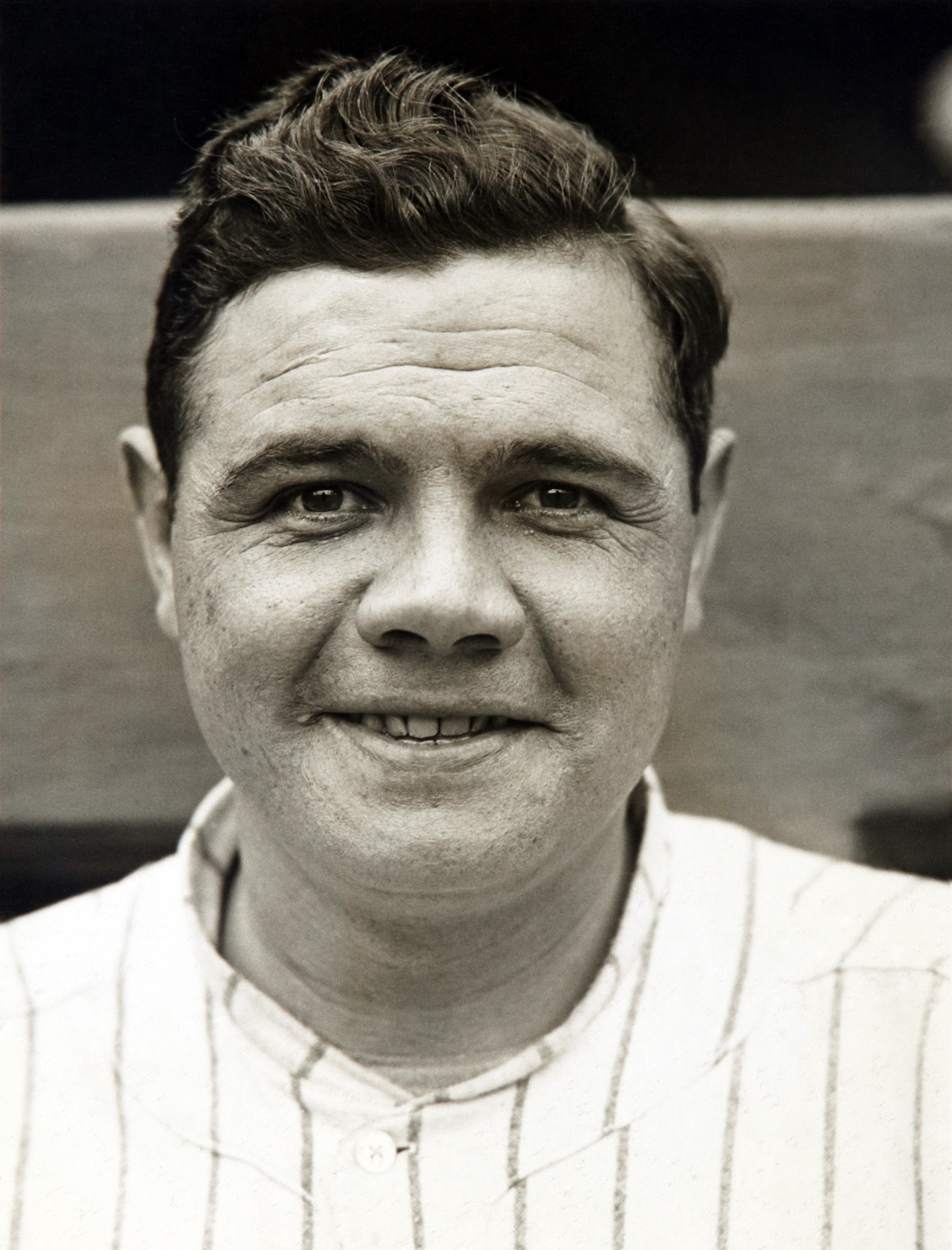We've managed to find time to squeeze in one last blog before we start a new Megillah. When finishing up the conclusion of Esther, we discovered that it may be more relatable than we thought. Though we've looked at many different sources already, this past week we looked into an article by Rav Grossman and compared his ideas to the previous ones.
Rav Grossman's article seems to focus on the idea that within each theme of the Megillah there is a surface meaning and a deeper meaning. He has a take on 6 different themes of Esther:
1. Attitude towards the monarchy
- Surface: Achaverosh seems to have all the power and control in his kingdom. He seems to be wealthy, as he has many lavish parties, and he has strict laws set up to control the people.
- Depth: The king had no real power and relied on his advisers for everything. G-d is in control, not human kings.
2. Attitude towards women
- Surface: Women are lower-class citizens who are possessions and controlled by men.
- Depth: Women are the protagonists of the story and the catalysts for action.
3. Attitude towards the honor
- Surface: Everyone was seeking power, because with power comes from honor.
- Depth: Real power doesn't come from the external honor or rank you are given.
4. Attitude towards exile
- Surface: Mordechai being 2nd in command is amazing. Even in the Diaspora, Jews can succeed and have power.
- Depth: Mordechai still didn't bring the Jews back to Israel. The Jews were dispersed throughout the empire, though they should have been in Israel.
5. Attitude towards fate
- Surface: Things happen by chance/random- the philosophy of Amalek.
- Depth: "Coincidences" can only be explained as G-d pulling the strings.
6. Attitude towards G-d
- Surface: The Jews were a secular, irreligious people (no mention of G-d).
- Depth: Everything is controlled by G-d and we have to seek Him out.
After reviewing Rav Grossman's ideas on Esther, we compared his view to the other four we saw. Hazony held up Mordechai, as well as Yosef, as a model for leadership in the Diaspora. He claims that we
can be powerful in a secular world. We can find G-d and be religious, but the avenue shifts to man while in the Diaspora. Zachariah believed that the exile was over and the people should have returned to Israel and the Beis Hamikdash. The story is a punishment for the fact that they didn't go back. The Rav Dessler/Worldmask view is that G-d's name was intentionally left out of the megillah to teach us that we have to seek Him out even when He is "hiding". The coincidences are written in such a way that we don't actually see them as coincidences, but rather as the hand of G-d. So too, in our own life, when we no longer have revealed miracles, we have to reveal the mask and find G-d.
The last concept from Worldmask can make us think differently about Purim itself. When taking Rav Dessler's ideas into account, we would see the "world" as a mask. Our job, therefore, is to uncover the mask and see G-d. On Purim, we aren't supposed to wear costumes because it's fun. We wear masks to convey the idea that our job on Purim, and really during the rest of the year, is to see G-d in our world.
After finishing Esther, I felt like it would be appropriate to discuss Purim and Chanukah. As everyone knows, Purim and Chanukah are the two major holidays that are not explicitly written in the Torah. When reviewing the similarities and differences between the two stories, I realized that they couldn't be more different. Purim never even mentions G-d's name, while one of the most famous lines of the Chanukah story, yelled by Matisyahu, is "מי לה' אלי". In the Chanukah story, G-d is performing outright miracles that are impossible to miss, while in the Purim story, G-d is acting behind the scenes. It seems strange that the only two holidays that happen to not be mentioned in the Torah both have G-d's presence as a major theme. In the Purim story, it is the absence of G-d's presence that underlies the plot.
I think this could be showing us something important. While one holiday effectively reflects on G-d's ability to perform outright miracles to protect the Jewish nation, like in the Chanukah story, we still need reassurance that G-d is protecting us even when His miracles aren't apparent. From the Purim story we can learn that G-d still watches over us and protects us even when we can't see him.


